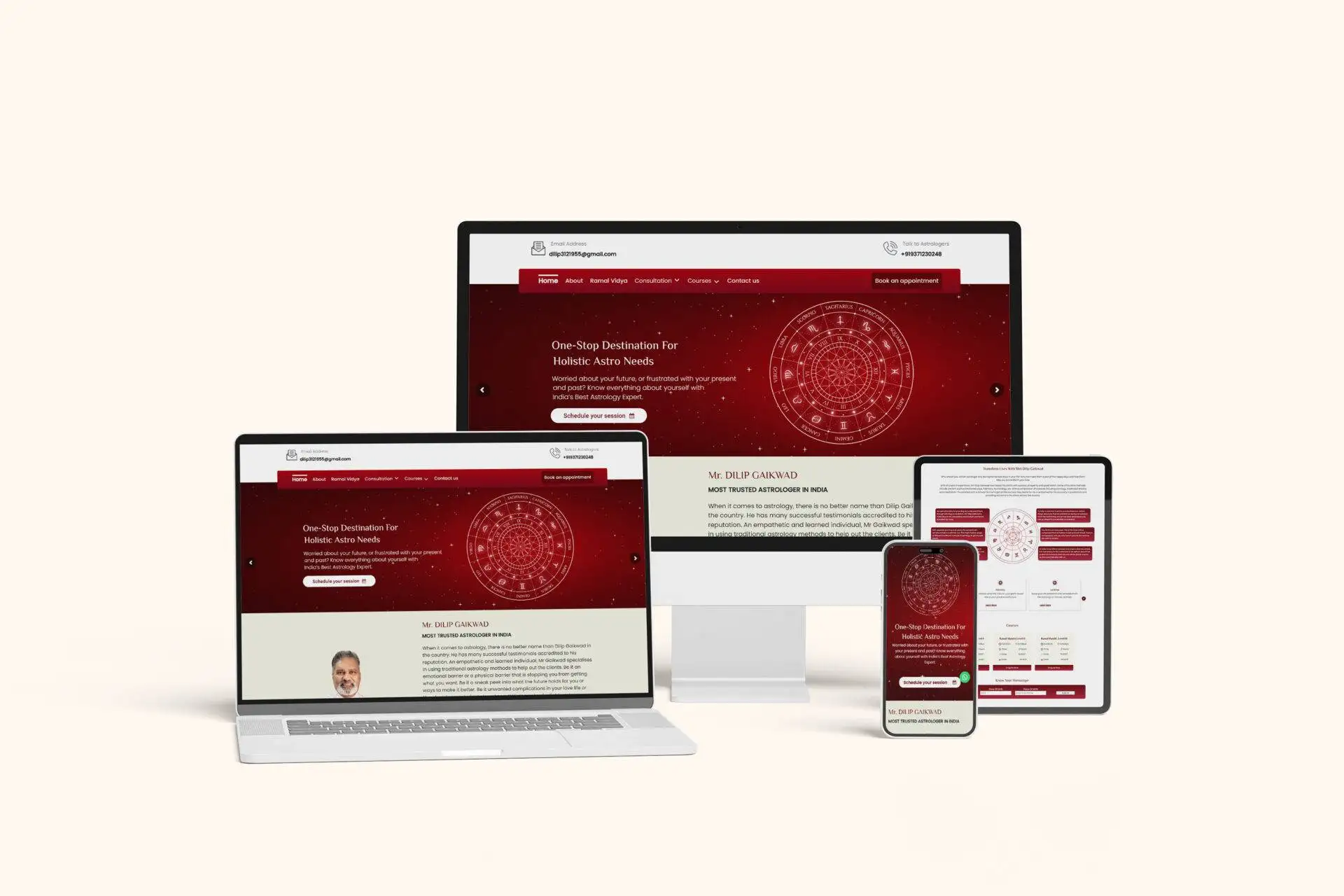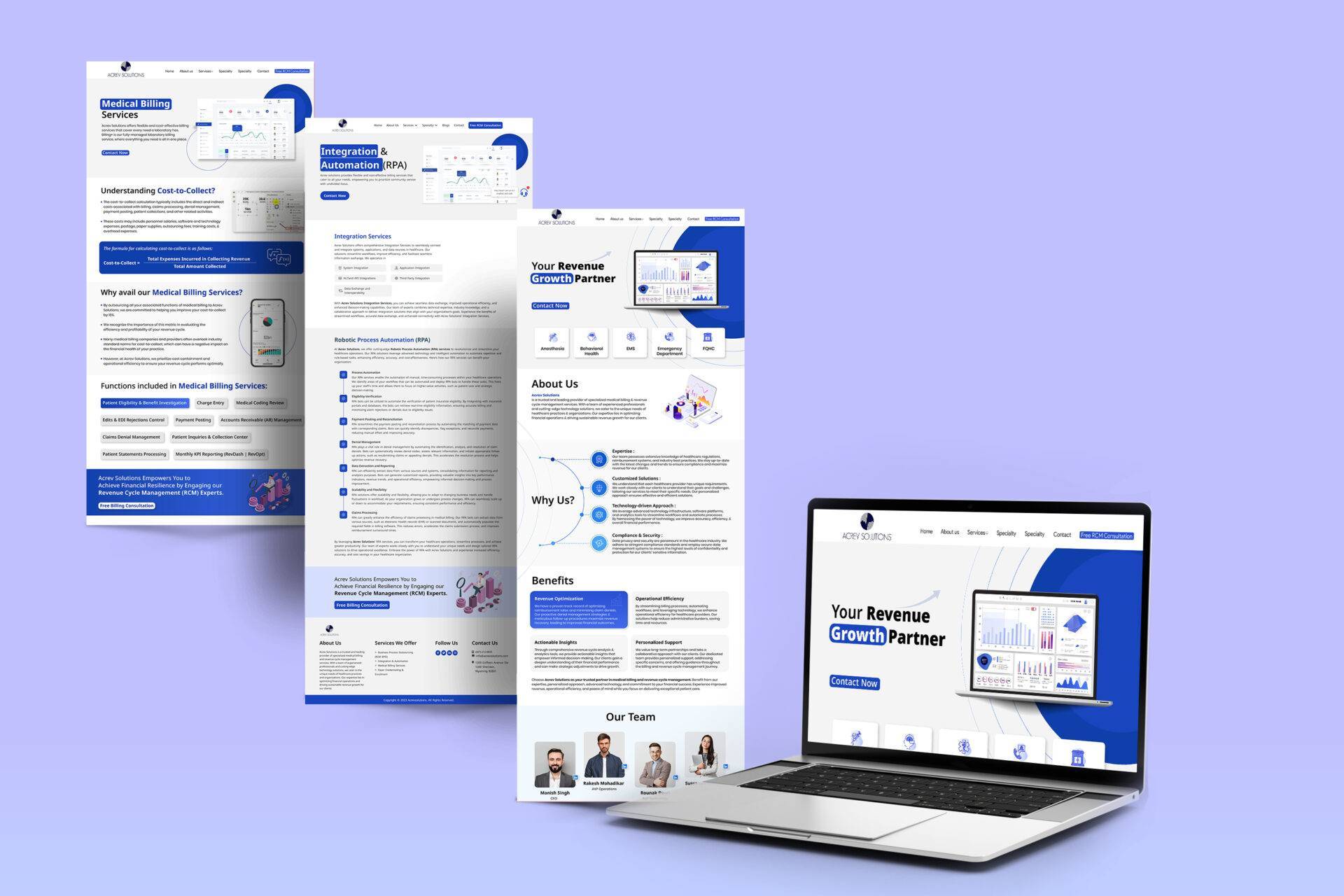Will AI Replace Digital Marketers?

Posted in January 11, 2024
Introduction
In the rapidly evolving digital era, the intersection of Artificial Intelligence (AI) and digital marketing has become a topic of intense discussion and speculation. The question on many professionals' minds is: Will AI replace digital marketers? This query stems from a noticeable trend where companies are increasingly leaning towards investing in AI tools, potentially overshadowing the traditional role of digital marketing agencies. This blog aims to delve deep into this topic, exploring the nuances of how AI is reshaping the marketing landscape.
As we witness an era where algorithms, machine learning, and automated systems are gaining prominence, it's crucial to understand the implications for the digital marketing industry. The rise of AI tools promises enhanced efficiency, targeted strategies, and unprecedented scalability in marketing efforts. However, this technological advancement brings with it concerns about the future of human marketers and the essence of creativity in marketing strategies.
In this in-depth exploration, we'll dissect the dynamics of AI's role in digital marketing, addressing the apprehensions and highlighting the potential of AI as a tool that works best in the hands of skilled professionals.

The Growing Investment in AI Tools
The digital marketing landscape is undergoing a transformative shift with an increasing number of companies investing heavily in Artificial Intelligence (AI) tools. This trend reflects a broader move towards digitalization and automation across industries. In marketing, particularly, AI's promise of enhanced efficiency, scalability, and precision is too compelling to ignore. Companies are now leveraging AI for a range of functions – from automating mundane tasks to providing sophisticated predictive analytics and crafting personalized customer experiences.
Why Companies are Turning to AI
The digital marketing landscape is undergoing a transformative shift with an increasing number of companies investing heavily in Artificial Intelligence (AI) tools. This trend reflects a broader move towards digitalization and automation across industries. In marketing, particularly, AI's promise of enhanced efficiency, scalability, and precision is too compelling to ignore. Companies are now leveraging AI for a range of functions – from automating mundane tasks to providing sophisticated predictive analytics and crafting personalized customer experiences.
- Data Processing Capabilities: AI systems excel at processing and analyzing large volumes of data, far beyond human capacity. This ability allows for more accurate market analyses and customer insights.
- Automating Repetitive Tasks: Tasks like email marketing, social media posts, and even some aspects of content creation can be automated, freeing up human marketers to focus on more strategic and creative tasks.
- Enhanced Personalization: AI's advanced algorithms enable highly personalized marketing strategies, tailoring messages and offers to individual customer preferences and behaviours.
This growing reliance on AI tools has raised questions about the role and relevance of traditional digital marketing agencies. As AI continues to evolve, it could potentially take over some of the functions these agencies have traditionally managed. However, it's essential to recognize that while AI can optimize and streamline processes, it cannot fully replicate the creative and strategic thinking that human marketers bring to the table.
AI Tools: A Supplement, Not a Substitute
Contrary to the fear that AI might replace human marketers, it's crucial to understand AI as a supplement rather than a substitute. While AI excels in handling data, identifying patterns, and automating processes, it lacks the human touch - creativity, emotional intelligence, and the ability to understand nuanced consumer behaviour.

The Importance of Expertise in Utilizing AI
The effectiveness of AI in digital marketing significantly depends on the expertise behind its application. AI tools require human oversight to:
- 1. Set the Right Goals: AI works towards the objectives it's given. Marketers define these goals based on their understanding of the market and consumer needs.
- 2. Interpret Data: While AI can analyze data, human experts are needed to interpret this data in the context of larger market trends and consumer psychology.
- 3. Creative Strategy: AI can suggest strategies based on data, but the creative aspect of crafting campaigns that resonate emotionally with consumers still relies heavily on human input.
The AD360 Approach: Blending AI with Human Experience
Recognizing the limitations and strengths of both AI and human expertise, AD360 adopts a hybrid approach. We believe in leveraging the power of AI to enhance efficiency and accuracy but under the guidance of experienced digital marketers. This combination ensures:
- Innovative Strategies: By combining AI's data-driven insights with human creativity, we develop innovative strategies that are both effective and emotionally resonant.
- Personalized Experiences: AI's ability to personalize, combined with human understanding of customer journeys, allows for highly personalized marketing campaigns.
- Adaptability and Learning: Human marketers can adapt and tweak AI algorithms based on real-time feedback and evolving market trends, something AI alone cannot achieve.
The Future is Collaborative
The future of digital marketing isn't about choosing between AI and human marketers; it's about integrating the two. AI brings efficiency and data-driven insights, while human marketers add creativity, emotional intelligence, and strategic thinking. Companies like AD360 are at the forefront of this integration, offering the best of both worlds to create and execute superior digital marketing strategies.
In a world where AI is increasingly prevalent, the true winners will be those who harness its power without losing sight of the human element that drives truly impactful marketing.
































Leave a Reply